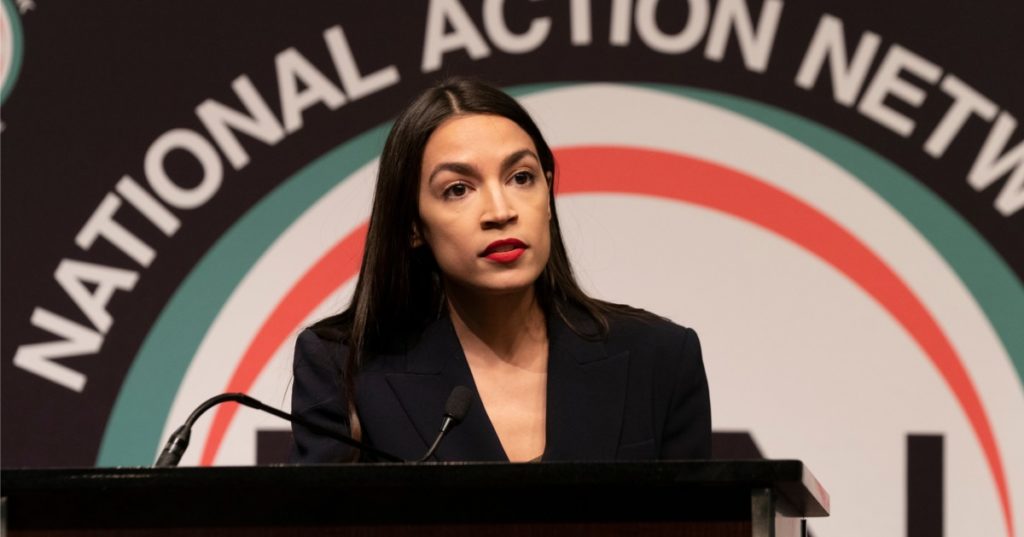


In an unexpected announcement at Mar-a-Lago, former President Donald Trump revealed North Dakota Gov. Doug Burgum's forthcoming leadership of the Department of the Interior according to WISN.
During a gala, Trump stated Burgum's appointment to helm the Interior Department, highlighting his extensive experience in both business and politics.
The announcement was made in front of a gathered audience, where Trump informally addressed Burgum’s new position.
Many guests at the gala were surprised by the news, which Trump delivered while praising Burgum's achievements as governor.
Before the event, Burgum had been elusive about the potential role, only mentioning that much had been discussed without confirming any details. He humorously added that nothing should be considered confirmed until appearing on Trump’s social network, Truth Social.
Burgum, at the age of 67, comes from the small community of Arthur, North Dakota. His journey from a graduate of North Dakota State University to obtaining an MBA from Stanford University set the stage for his significant impact in the tech industry as the leader of Great Plains Software.
In 2001, Microsoft's acquisition of his company for $1.1 billion marked a pivotal point in his career, after which he ascended to the role of vice president at Microsoft, remaining there until 2007.
Transitioning into politics, Burgum successfully ran for governor in 2016 with promises of governmental innovation amid fiscal challenges. This campaign saw him overcome well-known political figures within his party in the primary race, as he shaped his platform around business principles.
His reelection in 2020 underscored his sustained appeal in North Dakota, a state known for its Republican leanings. During his tenure, Burgum emphasized economic strategies, such as tax reductions and market deregulation, standing firm on these foundational principles.
Throughout his governorship, Burgum confronted significant crises, including widespread demonstrations against the Dakota Access pipeline, severe weather conditions, and the complex challenges of the COVID-19 pandemic.
His response to the pandemic was marked by several public addresses, where he notably made a heartfelt plea urging the public to adhere to public health guidelines like mask-wearing.
Burgum's personal life has not been without its trials and triumphs. He and his wife, Kathryn, have been open about her battle with addiction, a topic he prioritized by increasing access to addiction recovery programs while in office.
In the political sphere, he has shown both restraint and resolve; for instance, while he lent his veto to certain social legislation in recent years, he also signed into law measures addressing transgender rights, reflecting a degree of political complexity.
His commitment also extends to cultural initiatives, such as advocating for the establishment of the Theodore Roosevelt Presidential Library in his home state. Throughout his governance, he worked towards leveraging relationships with tribal entities to foster mutual growth and understanding.
In 2023, Burgum embarked on a presidential campaign, centering his message on national priorities like energy independence and economic development. Despite the effort, the campaign did not attract widespread support and concluded before the Iowa caucuses.
Subsequently, he supported Trump’s candidacy, which he announced in January 2024, and confirmed he would not pursue another term as governor of North Dakota. His transition from a brief presidential contender to a federal appointee signifies a new chapter in his political career.
This elevation to the Department of the Interior places him in charge of a critical part of the federal government responsible for managing public lands, natural resources, and tribal affairs. This role aligns with his expertise in policy making and broad experience in both business and governance.
Burgum’s task will involve balancing complex environmental, economic, and social responsibilities, drawing from his experience as a state leader with firsthand knowledge of resource-rich territories like North Dakota.
His future actions and policies are anticipated to be scrutinized by those keen on understanding how his previous stances and knowledge will shape his approach to leading the Interior Department.



